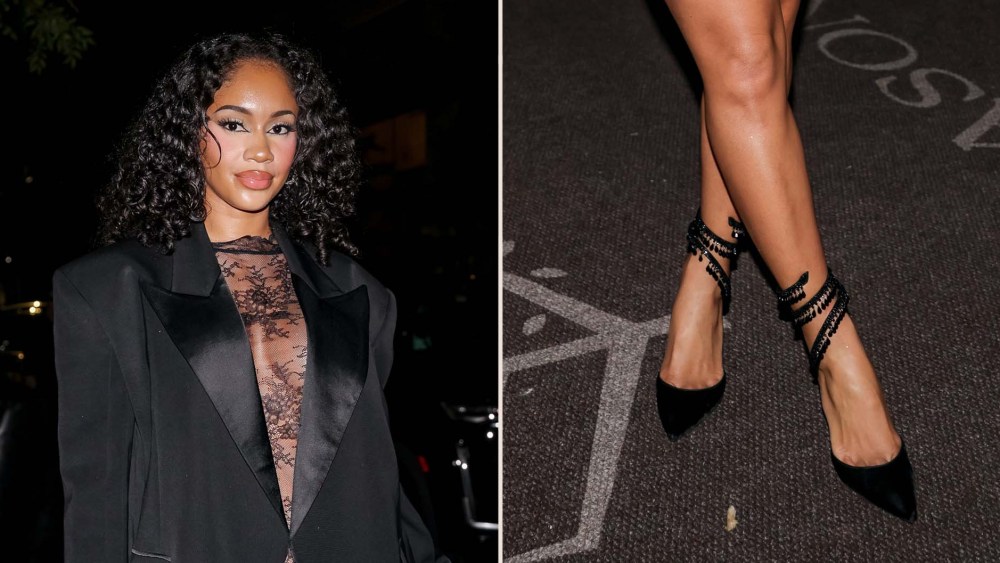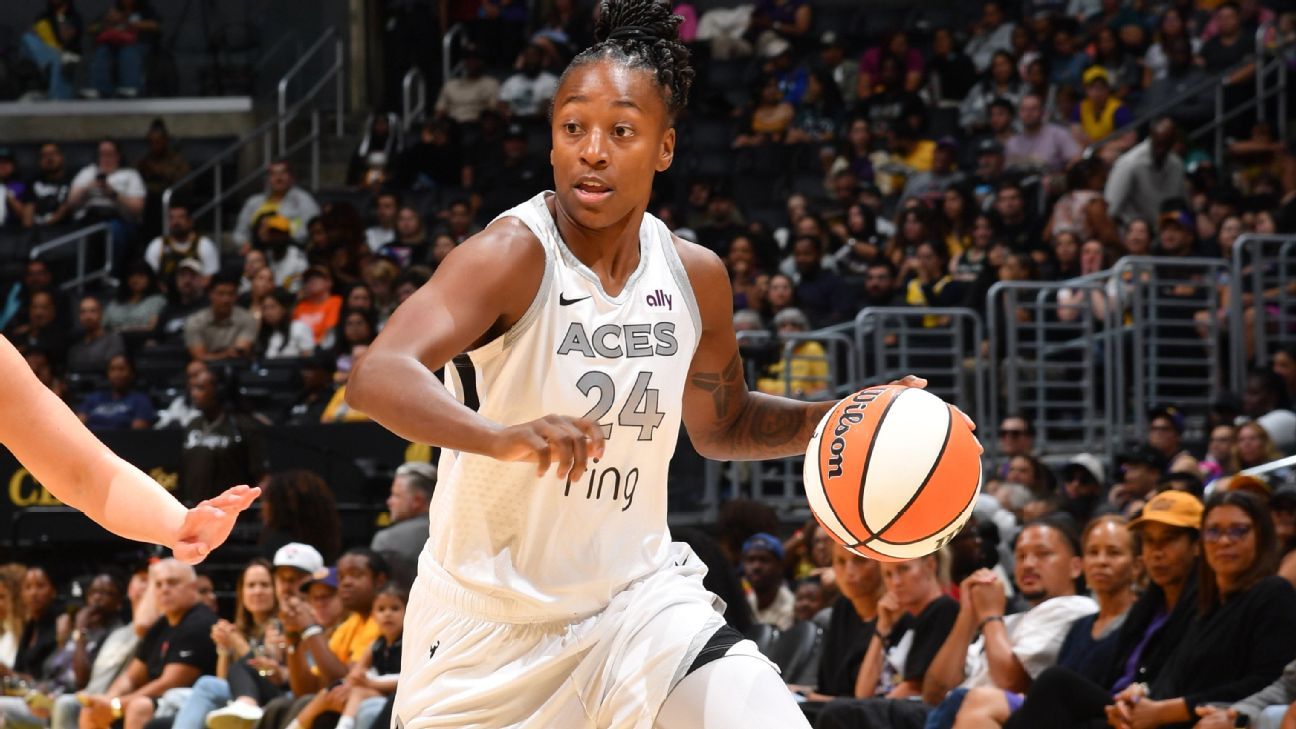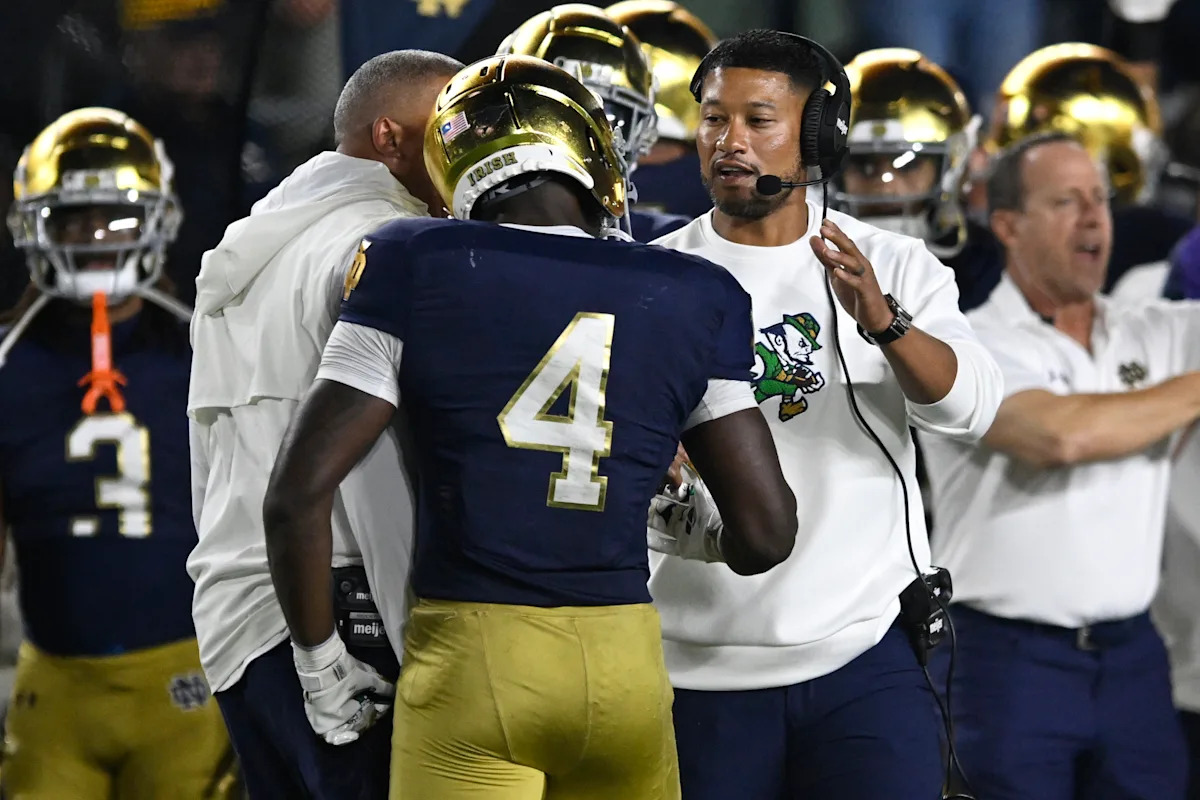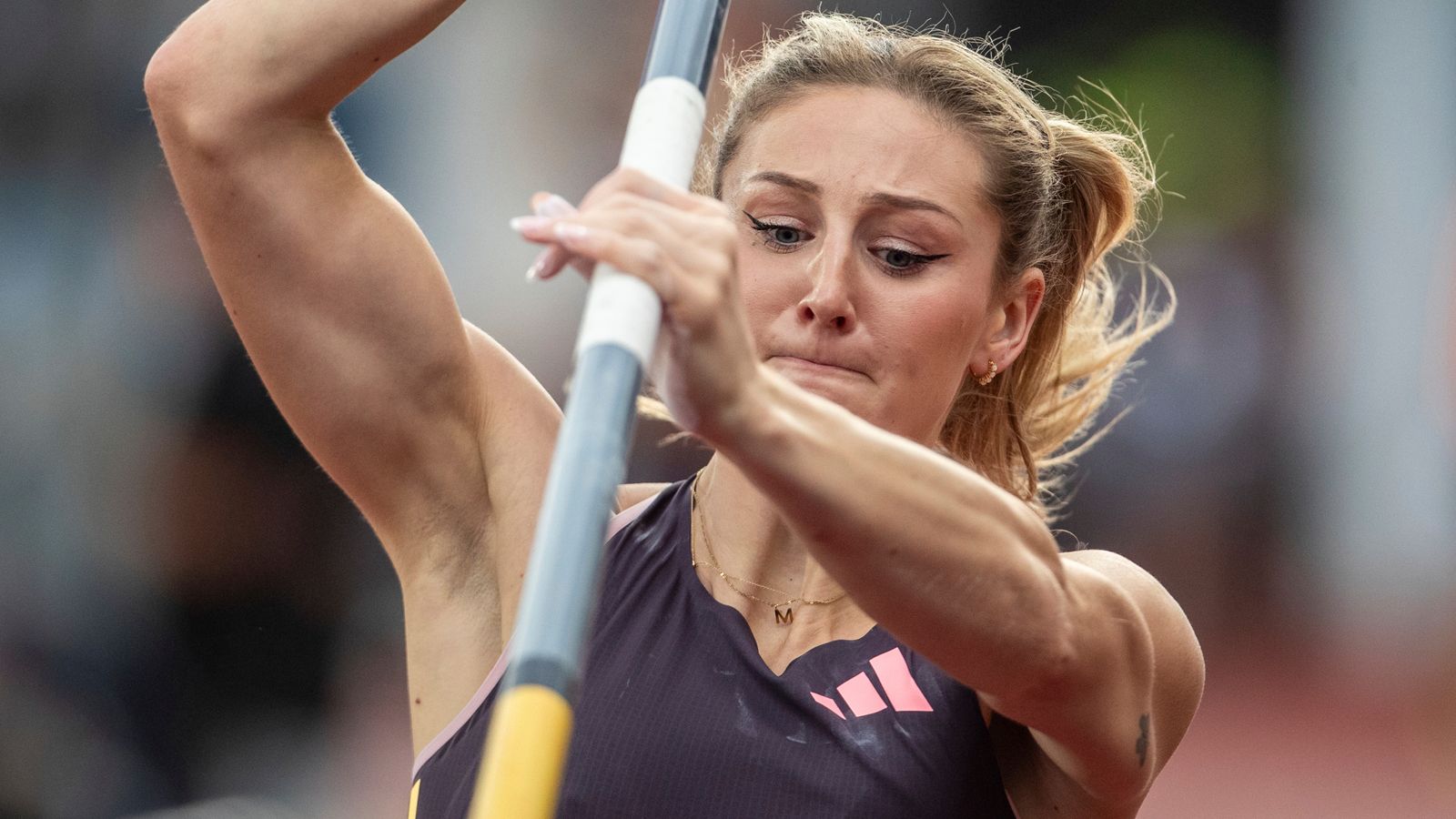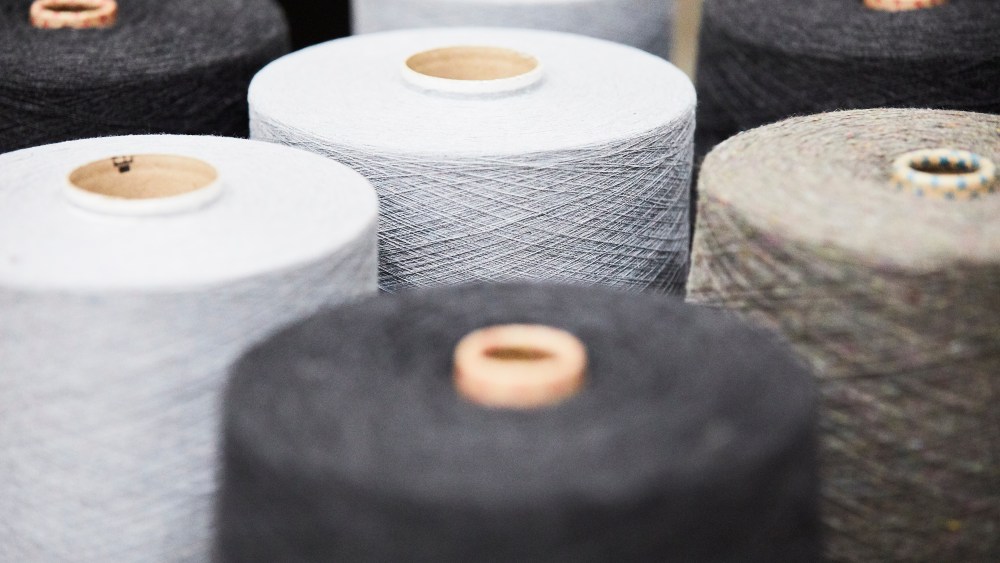
PARIS — Chanel is opening new doors to sustainability with the launch of Nevold, a business-to-business hub dedicated to circular material development.
Chanel teased the entity last November with the hire of former Patou chief executive officer Sophie Brocart, who has been tapped to run Nevold and spearhead the sustainability-minded project. Chanel has invested between 50 million and 80 million euros in its development.
The division, which will be run separately from Chanel to allow collaboration with other brands and companies, is dedicated to scaling the reuse of materials in the luxury market as well as the wider apparel industry, including sportswear and hospitality uniforms.
The idea stemmed from Chanel searching for a solution for end-of-life disposal of its products, and soon extended to widening the scope of brands.
“We realized very early that Chanel was too small to create something at scale which one day can become profitable,” Bruno Pavlovsky, president of fashion and president of Chanel SAS, said in an interview. “Chanel is quite small, if I may say, in our waste.”
Nevold serves as an umbrella of Chanel investments including L’Atelier des Matières, which collects deadstock, production offcuts and unsold items; Filatures du Parc, a legacy wool-spinning mill with expertise in new and recycled yarns, and Authentic Material, an upcycled natural materials provider specializing in leather.
It will also seek acquisitions to strengthen its research and development efforts.
The Nevold moniker is a portmanteau of “never” and “old” to emphasize the renewal of fabrics to create new materials from used and waste textiles blended with recycled and virgin fibers. Natural textiles of cashmere, cotton, leather, silk and wool will be the main materials used.
“For Chanel, it’s the third pillar” intended to complement its fashion and existing manufacturing cores, said Pavlovsky. “We have decided to build this pillar, which will be a way to give a longer duration, to use materials or waste material coming from the manufacturing process, to create new materials to reuse in fashion or other industries.”
Chanel created Nevold as a separate entity with its own resources to ensure transparency and focus. While Chanel may use Nevold’s recycled materials, it’s not obligated to. Nevold will work with a wide range of brands both collecting end-of-life materials, unsold product and manufacturing offcuts to use as feedstock, as well as supplying new materials.
The goal is to collect enough used materials to reach scale and lower production costs, making recycled materials less expensive than plastic components. Without this scale and pricing, it would be hard to convince brands and manufacturers to switch, Pavlovsky said.
“The challenge is to be able to reach a scale to try to make these new materials viable and, if possible, economically profitable,” he said.

Components for leather recycling from Nevold.
Courtesy of Chanel
Two solutions are already out of the gate: a thread blended from virgin and end-of-life materials that Chanel and other brands are already using, and a recycled leather used to create reinforcements inside bags and shoes.
About 30 percent of Chanel handbags and 50 percent of its shoes currently feature the recycled reinforcements.
“At the end of the day, we’re quite happy to say that in a couple of years, we’ll be able to have no plastic at all in our shoes and in our bags. That was the ultimate objective,” he said. “The sustainability part has been something quite important in our research and development process. When it’s impossible, what can we do to make it possible?”
The reinforcements will soon be made available to other brands. Some of the recycled threads have also been incorporated into Chanel’s signature tweeds. It has not yet used recycled cashmere or wool in its knits.
“But there is always a fashion client who can be interested by this thread, because of the quality, even if it’s not enough for the luxury brand, it can be enough for another brand,” Pavlovsky said.
The latter has already happened “at a small scale,” he noted. One company that Nevold has been working with is French sporting brand Decathlon, demonstrating that its product will have wide applications in wider apparel outside of luxury.
Pavlovsky said the quality of recycled threads and fibers has already drastically improved, and predicted they will become an increasingly large part of fashion industry production.
Nevold’s goal is to add three to five new projects a year, and Pavlovsky believes the company will be able to “measure success 10 years from now” as sustainability becomes increasingly important in the fashion industry.
The executive said that it is becoming increasingly difficult to source high-quality raw materials in key categories like cotton, silk, wool, cashmere and leather due to the booming growth in the luxury industry, climate change, as well as stricter requirements for traceability and transparency.
Nevold aims to fill this supply gap.
He cited several reasons for the increasing competition for quality raw materials, including adapting farming practices to use fewer chemical fertilizers or pesticides, decreasing fresh water use, as well as improving social conditions for workers and the traceability that comes along with that.
Chanel itself has cut ties in recent years with several suppliers that have not met its new sustainability or reporting requirements, Pavlovsky said. “We have decided to stop many of our suppliers because we cannot have the right confidence behind them, and so we need to have something to replace them. We are not there, but we are on the way to propose an alternative,” he said.
“It’s not copy and paste,” Pavlovsky added, noting there are differences — including fiber length — between new and recycled materials. “Nothing is the same, but it can be different. If you find the right usage of it, you can make new things.”
For Nevold to be successful, the new entity will need to grow to be self-funding. Pavlovsky’s focus is not on creating a supplier for Chanel and Chanel alone, but to build partnerships and other collaborations.
He’s also looking to extend beyond fashion into more industrial sectors. Automotive and aviation, for example, are an opportunity for Nevold.
“You don’t have the same requirements than when you do a seat in a car or a plane. So here we are entering a new, more industrial world,” he said.
Pavlovsky added that although there is uncertainty in the status of upcoming European Union transparency and reporting regulations, the company will stay on the path of “full transparency” in raw materials sourcing from all of its global hubs, including Africa, Asia and South America.
Chanel will also be fully transparent with its clients. “We are sharing more and more about our sustainability initiatives and information with our [sales associates] in the boutique,” he said. It will soon be launching its digital product passport, with the aim of including detailed information for the customer.
“It’s quite interesting for Chanel, being separate [from Nevold], to better understand the challenges that we face in the future on these materials,” he said of the project, adding: “It’s something that we believe has a lot of sense for the industry, and we want to be part of the best message on these topics.”
#Circular #Materials #Hub #Sustainable #Luxury

